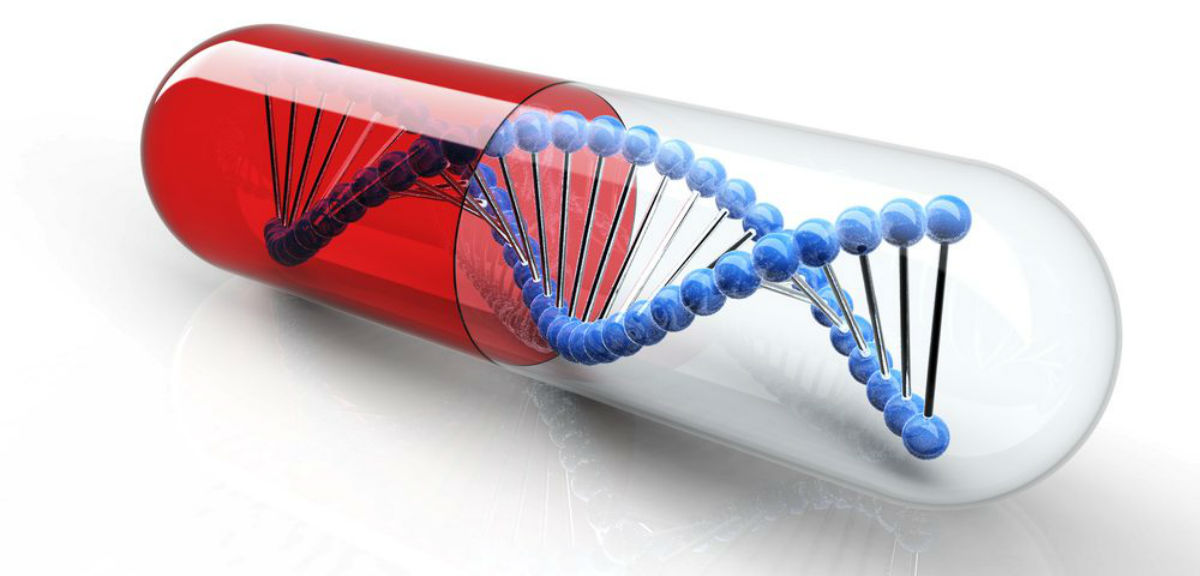
Enthusiasm for gene therapy cools after animal tests
High dosage led to toxicity and animal deaths
A new gene therapy technique that uses high doses of viruses to carry healthy genes to cells recently brought relief to 15 babies suffering from a lethal neuromuscular condition. As the first human trial with high-doses of the AAV9 virus, its success gave a huge boost to the gene-therapy field.
“People are going to look back and see this as a milestone in a new type of medicine that’s going to have broad implications for lots and lots of diseases,” one researcher told Science last year.
However, those hopes were chilled this week when a leading gene-therapy researcher who was involved in the successful trial also published a study in which high-dose AAV9 infusions severely affected animals. Three young rhesus macaque monkeys developed liver failure and three piglets had motor neurone damage. Some of them had to be euthanised. The cause was not immediately apparent.
One reason that the study has rung alarm bells is that it was conducted by James Wilson, of the University of Pennsylvania. In a gene-therapy experiment which he conducted in 1999, a teenager died of an immune reaction to a gene therapy vector, which gives his warnings a special relevance. “I think the message is that for certain forms of gene therapy, and certain approaches to gene therapy, there may be situations in which we find dose-limiting toxicity,” says Wilson. He has resigned from his position as a scientific advisor to Solid Biosciences, the company whose product cured the babies, citing unspecified concerns over high-dose gene therapy.
R. Jude Samulski, of the University of North Carolina, told MIT Technology Review that the combination of scientific ambition, technological advances, desperate patients, and potential financial windfalls could lead again to disaster.
“It would be very naïve for our community to assume we won’t have toxic effects,” he says. “People get comfortable, saying, ‘Hey, let’s do it—there is nothing lose.’ Well, it’s out there waiting. But when it’s going to happen, why it’s going to happen—nobody knows.”
Creative commons
https://www.bioedge.org/images/2008images/FB_gene-therapy.jpg
gene therapy
